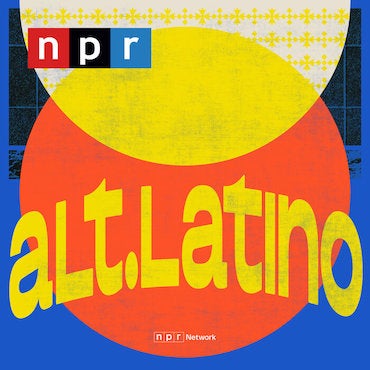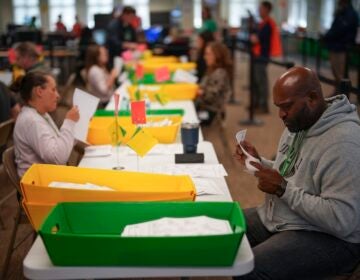How ‘prison gerrymandering’ could impact your voting district
The census counts prisoners in the districts where they're in incarcerated, not in their home districts. Why that's led to shifts in political power in Pennsylvania.
Listen 12:22
Atiba Kwesi, 59, of Overbrook in West Philadelphia poses for a portrait outside of Fellowship Christian Church wearing a shirt reading "#EndPrisonGerrymanderingPa" in Overbrook, Philadelphia on Wednesday, July 10, 2019. Atiba was released from prison after 27 years and now is a voting rights activist. (Anthony Pezzotti/Philadelphia Inquirer)
Listen to The Why wherever you get your podcasts:
Apple Podcasts | Google Podcasts | Stitcher | RadioPublic | TuneIn
The census counts prisoners in the districts where they’re in incarcerated — not where they’re from. Researchers at Villanova figured out that if people in prison were counted where they lived, Philadelphia actually could have at least one more state representative. Philadelphia Inquirer reporter Jonathan Lai explains why “prison gerrymandering” has led to shifts in political power in Pennsylvania.
WHYY is your source for fact-based, in-depth journalism and information. As a nonprofit organization, we rely on financial support from readers like you. Please give today.






